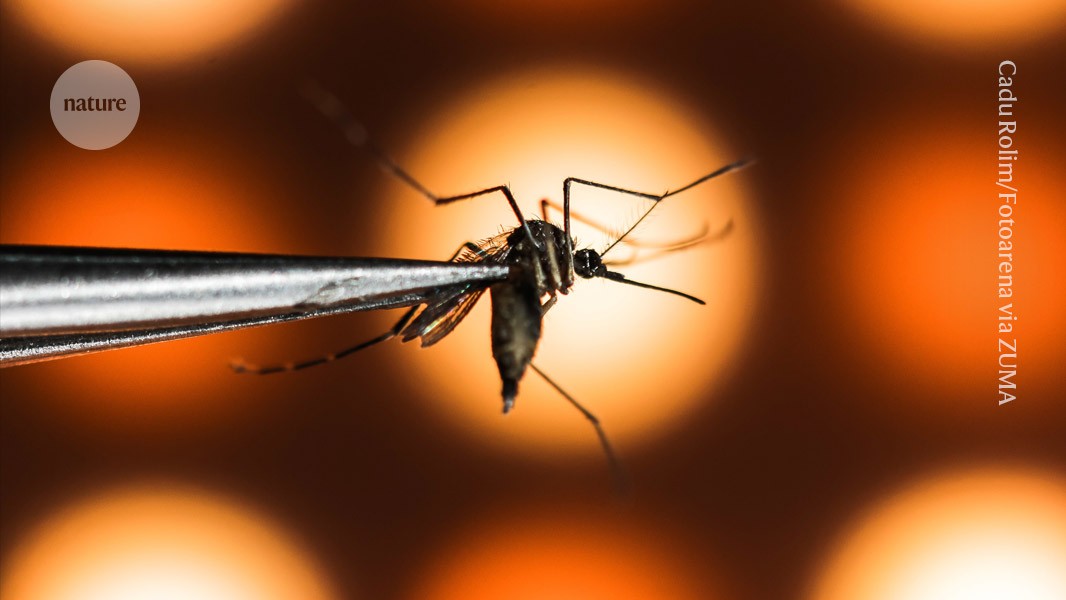
"Last month, a parade of vehicles wound its way through three cities in Brazil, releasing clouds of mosquitoes into the air. The insects all carry a secret weapon - a bacterium called Wolbachia that lowers the odds that the mosquitoes can transmit the dreaded dengue virus to humans. These infected mosquitoes are the latest weapon in Brazil's fight against dengue, which infects millions of people in the country each year and can be fatal."
"This year's outbreak, although less severe, is also one of the highest on record, with 1.6 million probable cases so far (see 'Dangerous outbreaks'). And the problem is spreading. Argentina, Colombia and Peru also experienced record-breaking outbreaks in 2024 and have seen a sustained increase in cases in recent years. Across Latin America and the Caribbean, deaths from dengue last year totalled more than 8,400 and the global figure reached more than 12,000 - the highest ever recorded for this disease."
"As outbreaks grow larger and the crisis becomes more urgent, the Wolbachia method isn't Brazil's only bet. A locally produced dengue vaccine is now awaiting approval by the country's drug-regulatory agency, and its health ministry expects to start administering tens of millions of doses by next year. These twin advances offer some hope to other countries - in the region and beyond."
Wolbachia-infected Aedes aegypti mosquitoes are being released in Brazilian cities to reduce dengue transmission, supported by a Curitiba biofactory producing 100 million eggs per week. Wolbito do Brasil aims to protect about 14 million people annually with these mosquitoes. Brazil experienced its worst dengue outbreak in 2024 with 6.6 million probable cases and over 6,300 deaths; 2025 remains high with 1.6 million probable cases so far. Argentina, Colombia and Peru also reported record outbreaks. Regional dengue deaths exceeded 8,400 in 2024 and global dengue deaths surpassed 12,000. A locally produced vaccine awaits regulatory approval and tens of millions of doses may be administered next year.
Read at Nature
Unable to calculate read time
Collection
[
|
...
]